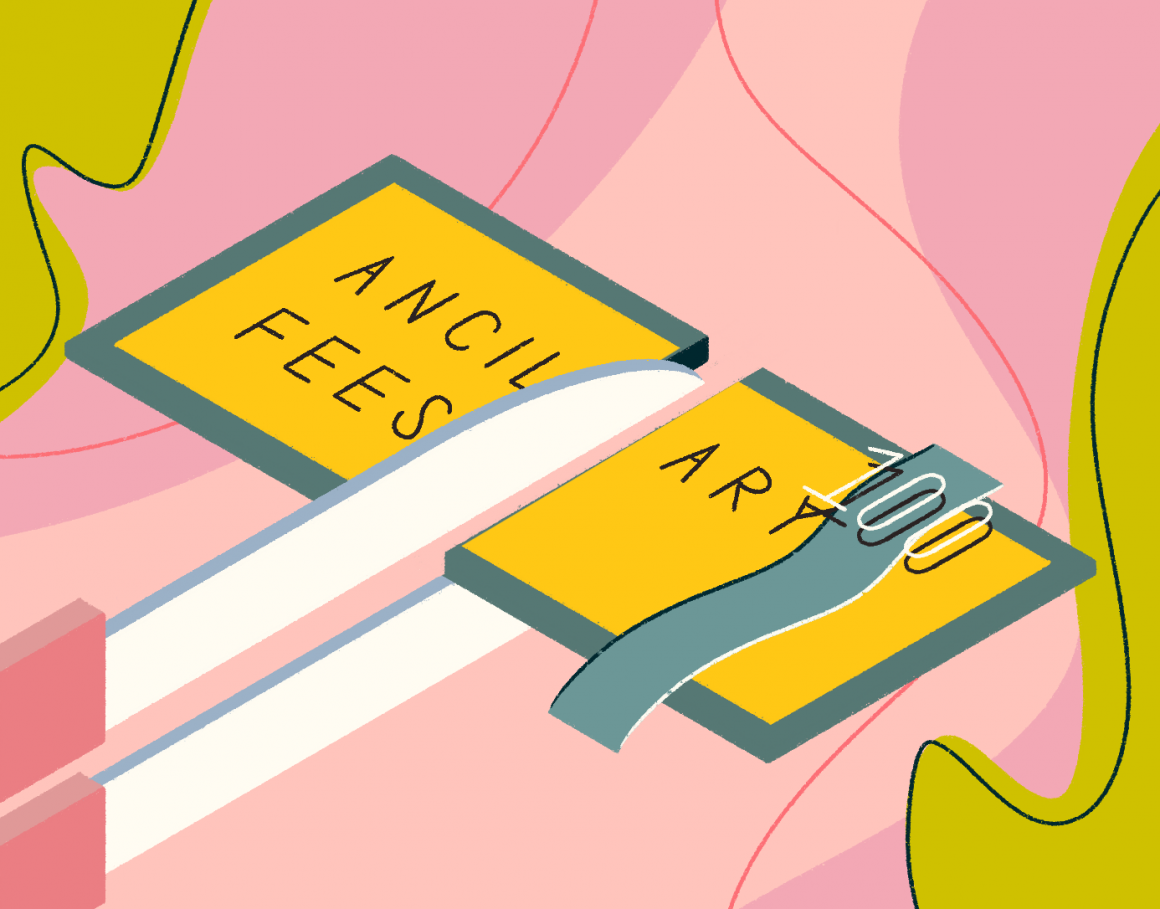
Ontario’s new post-secondary regulations will devastate student life — and Alberta could be next
January 24, 2019 —
Ontario’s post-secondary landscape was turned on its head on Jan. 17 when Premier Doug Ford’s government announced sweeping changes to the Ontario Student Assistance Program (OSAP), as well as to tuition and fees. As Alberta prepares for a provincial election this year, students should demand to know how politicians jockeying for the student vote will change our province’s post-secondary policies.
Previously, students in Ontario with their family’s income below $125,000 were eligible to receive grants through OSAP to fund the entirety of their degrees. Now, grants will go almost exclusively to those with a family income of less than $50,000, with funding for other students coming in the form of loans. Students will also have a less forgiving grace period for repayment of their student loans, with interest accruing immediately upon graduation rather than after six months.
Additionally, tuition fees must drop 10 per cent across the board for Ontario’s upcoming academic year. And perhaps most alarmingly, students will have the ability to opt-out of paying “non-essential” fees that fall outside of tuition — namely, for students’ unions and student services.
There is a lot to unpack among all these changes. At first glance, the OSAP changes and tuition drop appear to make post-secondary more accessible for students. But this isn’t the case. According to Maclean’s, many Ontario students will no longer receive loans or grants to cover the entirety of their degrees, meaning that students will have to work more jobs and delay their graduations in order to afford their education. And there will be no reprieve from this added stress after graduation, as interest will accumulate on the day of their graduation.
Post-secondary education in Canada is already financially inaccessible. According to Statistics Canada, in 2010, half of all students graduating from a four-year bachelor program were in debt, with the average student owing $26,300. These changes will make matters worse for students in Ontario, not better.
Despite this, the most damaging part of the Ford government’s policy changes is that many non-tuition fees, like those funding students’ unions, campus athletics programs, transit passes, campus media and health and dental plans will no longer be mandatory. These are all programs that are possible because of an economy of scale. For example, at the University of Calgary, since everyone must pay dues to receive their UPass, the pass is much cheaper for each individual student than it would otherwise be.
Not everyone uses every one of the services offered by their university. But nearly everyone makes use of something, whether it’s consigning their old textbooks, going to the gym, getting free breakfast at the Q Centre or reading the magazine you’re holding right now.
In Ontario, these types of services will no longer have stable, year-to-year funding. Spaces that work to promote students’ mental health, operate food banks for impoverished students or provide resources for victims of sexual violence will have to operate in a reduced capacity. Taking away these fees will make student life worse for all students in Ontario while not meaningfully reducing the financial burden of post-secondary education.
Introducing the ability to opt-out of these fees also amounts to union-busting on the part of the Ford government. Students’ unions are collective voices that derive their power from their ability to represent all students on a campus. Student representatives in these unions are elected democratically and exist in large part to advocate on behalf of students to governments. Many students’ unions in Ontario have been vocally critical of the Ford government, and for good reason. This is a transparent attempt by Ontario’s Progressive Conservatives to silence those criticisms.
Jason Kenney’s United Conservative Party currently has a policy, passed at their May 2018 founding convention, that states that students’ union membership fees in Alberta should be made voluntary. In essence, that’s equivalent to the Ford government’s recent legislation to make most non-tuition fees optional.
The Ontario PC’s post-secondary policy will devastate student life and services. Alberta students should keep a close eye on what’s happening in Ontario, because the same could easily happen here.
— Jason Herring, Gauntlet editorial board
